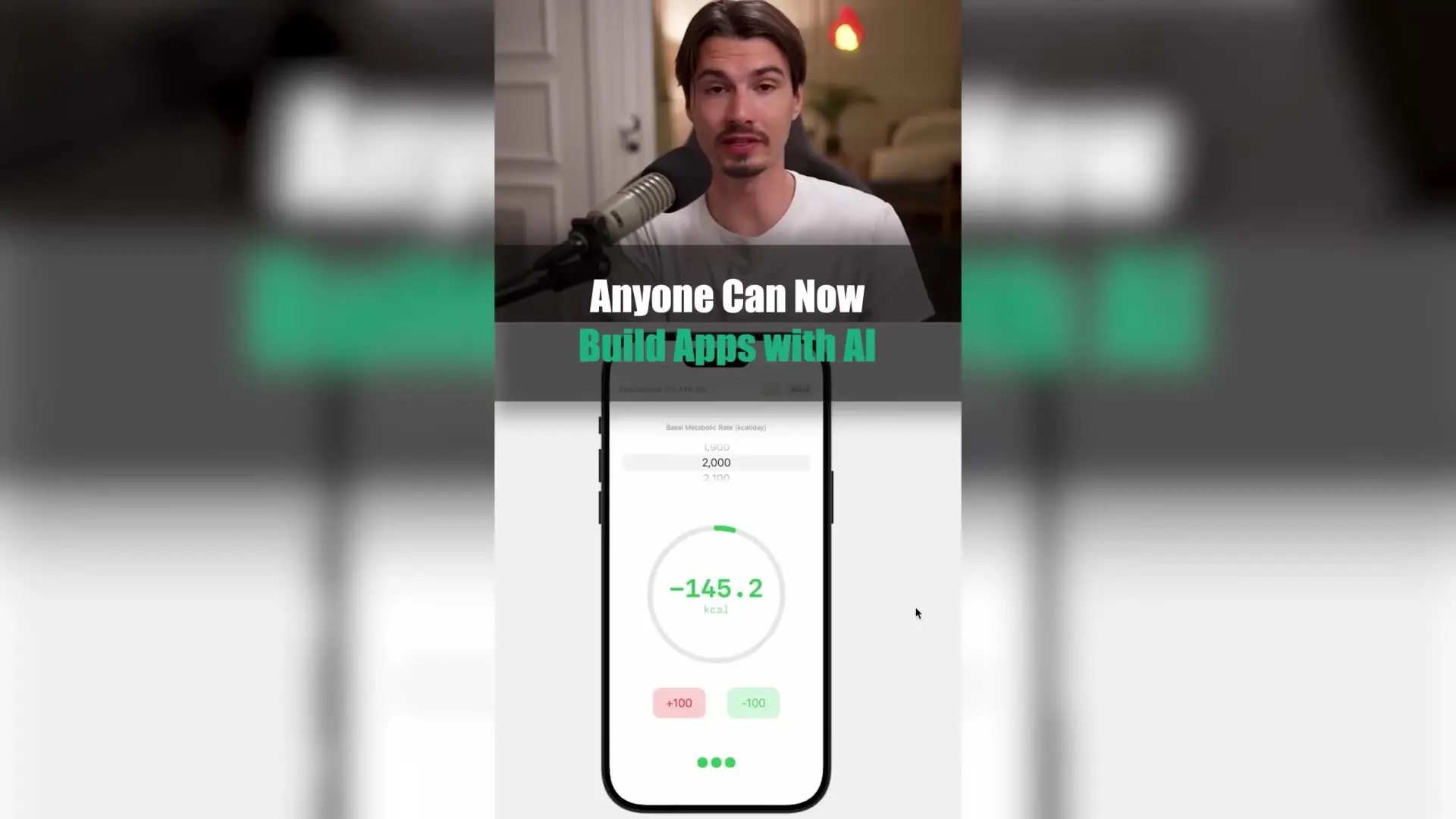
The recent news of Microsoft laying off 6,000 employees has sent shockwaves through the tech community, with social media and news outlets quick to sound alarms about AI replacing developers. But before joining the panic, it's worth taking a step back to examine what's really happening in the context of the industry's history and future trajectory.

Tech Layoffs: A Historical Perspective
Large-scale tech layoffs aren't a new phenomenon triggered by AI. They've been a recurring feature of the industry landscape for decades. Looking at the historical data provides important context:
- 2014: Microsoft laid off 18,000 people after acquiring Nokia
- 2015: HP cut 30,000 jobs during a major restructuring initiative
- 2016: Intel let go of 12,000 employees as it pivoted away from PCs
- 2022: Tech companies including Microsoft, Meta, and others announced significant workforce reductions
These historical layoffs weren't driven by AI replacing workers, but by companies changing direction, restructuring operations, or adjusting to market conditions. When Intel cut those 12,000 jobs in 2016, they weren't simply downsizing—they were strategically reallocating resources toward growth areas like cloud computing and smart devices, which ultimately created thousands of new positions.
The AI Scapegoat: Fear Sells Better Than Facts
When Microsoft announced its recent layoffs, social media and some news outlets immediately jumped to the conclusion that AI was replacing developers. This narrative generates clicks and engagement, but it oversimplifies a complex business decision.
This pattern of blaming new technology for job losses isn't unique to AI. It resembles the vaccine panic of recent years, where unrelated events were attributed to vaccines without evidence. Now, AI has become the convenient scapegoat for any negative news in the tech sector—layoffs, production issues, or market challenges.
The Evolving Landscape of Software Engineering
Despite the alarmist headlines, the tech industry continues to grow and evolve. What's changing isn't the need for engineers, but the kind of engineers companies are looking for. The demand is shifting toward professionals who can do more than just write code—those who can think critically, design maintainable systems, understand complex architectures, and solve real-world problems.
With AI tools becoming part of the development workflow, we're entering a new chapter of software engineering. This evolution will create new platforms, tools, and challenges that will require skilled engineers to build and maintain them.

Rising Skill Requirements in the Age of AI
A concerning trend has emerged recently: "VIP coding" where individuals paste prompts into large language models and call themselves engineers without understanding fundamental concepts. This approach creates a dangerous skills gap, as these practitioners often lack knowledge of data structures, design patterns, system design, security principles, and debugging techniques.
The reality is that demands on engineers are increasing, not decreasing. Compare job requirements from the 1980s and 1990s with today's listings:
- 1980s-1990s dev jobs typically required knowledge of one programming language, basic database skills, and fundamental algorithms
- Today's positions demand proficiency in multiple languages, frameworks, CI/CD pipelines, cloud platforms, architecture patterns, API design, security practices, and automated testing
This evolution will continue, with tomorrow's engineers needing even broader and deeper technical capabilities. Those who merely copy-paste code from AI tools without understanding the underlying principles will find themselves not just replaceable but irrelevant in this new landscape.
Staying Relevant in an AI-Enhanced Industry
For engineers concerned about their future in an AI-enhanced industry, the path forward involves doubling down on fundamentals while embracing new tools. Here's how to remain competitive:
- Develop deep understanding of computer science fundamentals and system architecture
- Focus on problem-solving skills that AI can augment but not replace
- Learn to effectively leverage AI tools to enhance productivity, not replace critical thinking
- Cultivate expertise in areas where human judgment is essential: security, ethical considerations, user experience design
- Stay curious and maintain a continuous learning mindset
Companies like Microsoft, Google, and Apple aren't looking to replace their engineering workforce with AI—they're seeking engineers who can work effectively with AI to solve increasingly complex problems. The layoffs at Microsoft and other tech firms reflect strategic pivots and business realignments, not a wholesale replacement of human talent with artificial intelligence.
Conclusion: Beyond the Fear Headlines
The current wave of tech layoffs, including Microsoft's recent cuts, should be understood in the context of normal industry evolution rather than as harbingers of an AI apocalypse. While AI is certainly changing how software is developed, it's creating a shift in required skills rather than eliminating the need for human engineers altogether.
The future belongs not to those who panic at every headline, but to those who adapt, learn, and continue building. Real engineers—those who understand systems deeply and can solve complex problems—will remain in demand even as the tools of the trade evolve. Rather than fearing AI, embrace it as another powerful tool in your engineering toolkit while continuing to develop the fundamental skills that no AI can replace.
Let's Watch!
Tech Layoffs Reality Check: Beyond the Microsoft AI Panic Headlines
Ready to enhance your neural network?
Access our quantum knowledge cores and upgrade your programming abilities.
Initialize Training Sequence